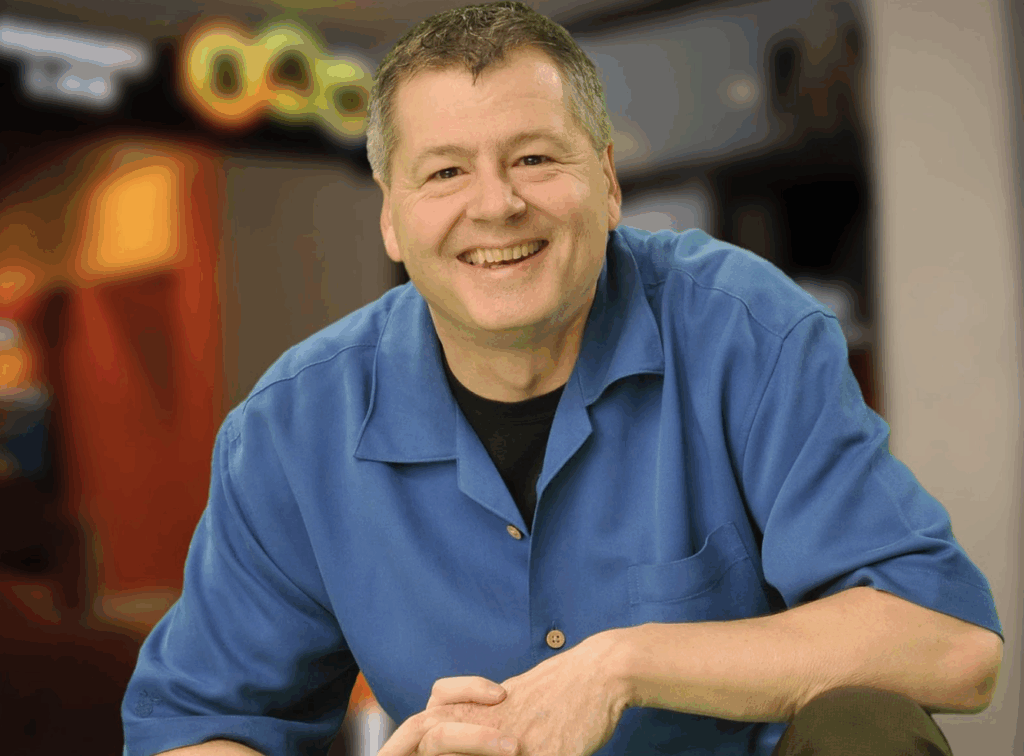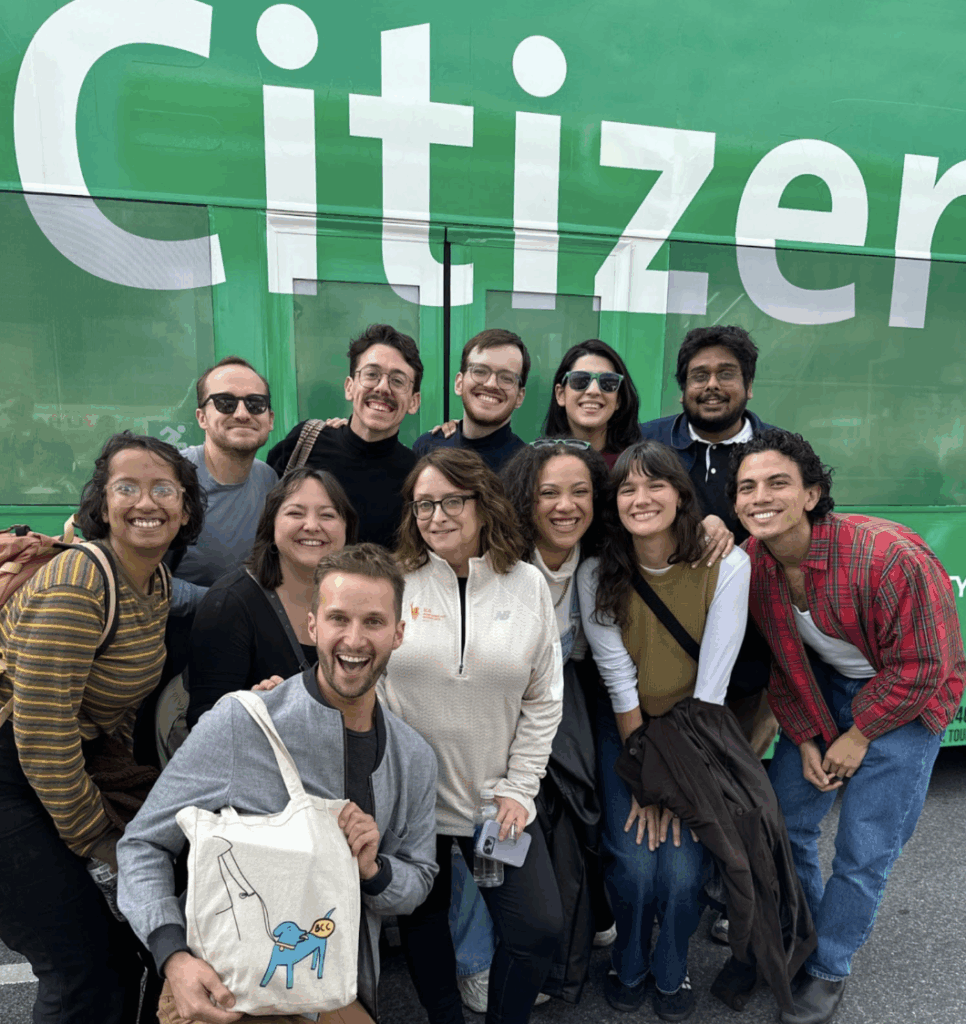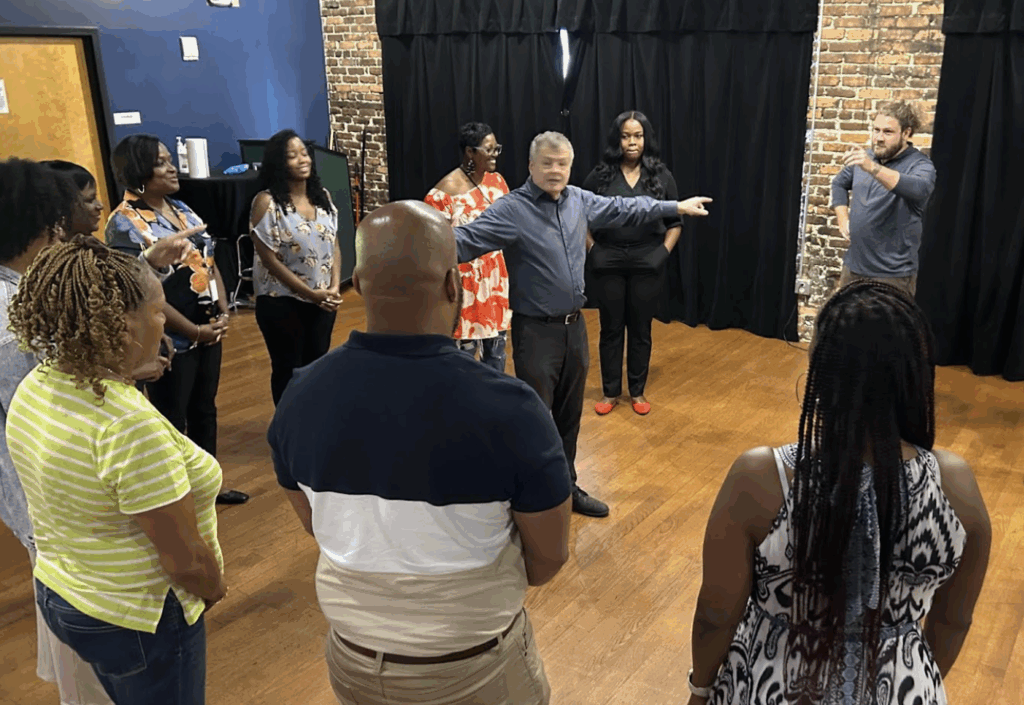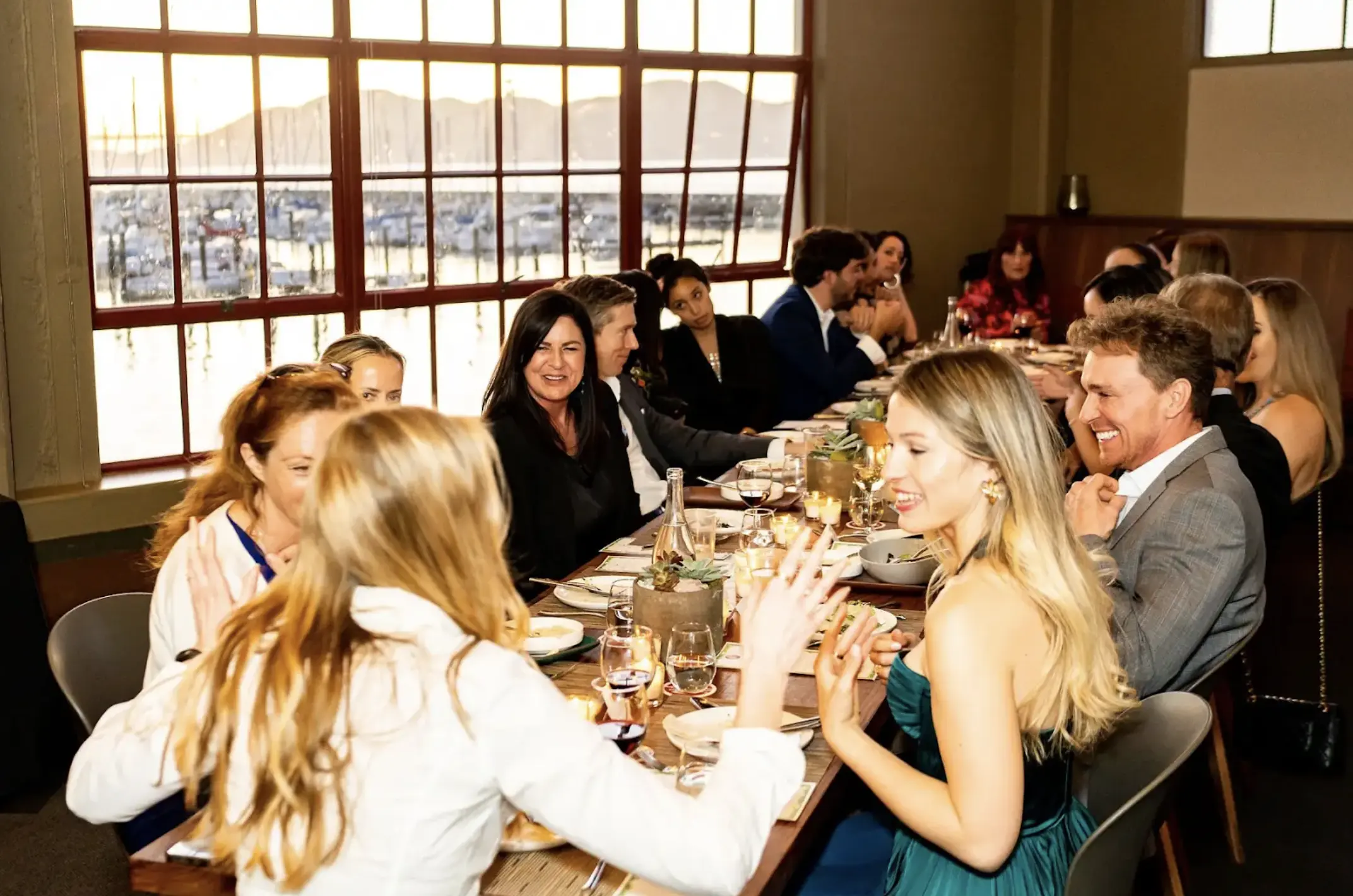Managers are turning to improv to hone their teams’ soft skills and boost sales— all while providing a reliable stream of income for comedy theaters nationwide.
The concepts are familiar to anyone who’s watched an episode of “Whose Line Is It Anyway?”
A good scene features players who are fully present, listen to each other and trust that wherever they land, they’ll land there together.
To that end, performers are taught to establish context early on (who, what, where), listen carefully and follow their partners to whatever magical land they conjure up, also known in the biz as “yes, and.”
It’s not far from what it takes to crush a sales or marketing gig.
“It’s a great match in terms of teamwork and team building, but also communication skills, partnering skills and creative skills,” said David Russell, who leads corporate workshops at SAK Comedy Lab in Orlando, Florida. “You have to be creative even in business, whether it’s a presentation or the next big idea, you’re working with other people and you have to get the message out.”
Someone in your team “might be insecure about their own idea, and if there’s an inkling they might get shut down, they’re not even gonna put it out there,” he added.
That’s exactly why Jonathan Alba turned to the mythical power of making stuff up. Alba was the COO of Code 4, a public safety and risk management firm in Austin, when he noticed his team needed a confidence boost.

“With the sales team, I used improv to train them on how to better handle objections and connect with potential customers,” he told Vendelux. “It helped people stay present, flexible, and really listen on sales calls.”
Rachel Neal, VP of safety at Compass Datacenters, was looking for that same spirit of playful collaboration. She hired Russell to lead a six-person workshop last month.
“We wanted our team to learn the importance of being vulnerable and truly listening,” she said.
Russell knows this well. He’s been nothing but vulnerable since he took a chance on SAK, having met his co-founders while performing at renaissance festivals in Minnesota.
The group had moved on to street theater when they were scouted by Susie Pecuch, who was then working as a designer and facilitator at Walt Disney World. The troupe relocated to Orlando to work on their new “million-dollar contract” for the entertainment giant.
They put on shows at Epcot, entertaining the resort’s theme park and convention guests for nearly 10 years. When Disney decided to hire in-house talent, the SAK team struck out on their own with a brand new theater in 1991. By the mid-2000s, corporate improv had become the “in thing,” Russell said. Theaters as famous as The Groundlings in Los Angeles and Second City in Chicago had already been raking in the corporate profits for years.
SAK hopped on the gravy train. As the enterprise got bigger, Russell used some of his own improv acumen at work.
“I had to learn to be a business person,” he said. “We used what we were teaching people to build up our business.”
SAK’s biggest clients now include Darden Restaurants, Omni Hotel & Resorts, Carnival Cruise Line and the AdventHealth hospital system. Russell says nearly a third of the theater’s annual revenue comes from corporate workshops.

But while managers may be happy to see their workers expand their skills in real time, employees themselves aren’t always keen to try something new.
“I taught a workshop yesterday for a company, and someone jokingly said, “We’ve been signed up against our will!” said Philip Markle, co-founder of the Brooklyn Comedy Collective in New York, where he regularly performs alongside “Severance” actors Britt Lower and Zach Cherry.
BCC’s repeat clients include Google and Barnard University. Consulting giant EY was one of the first big firms to take a chance on the fledgling theater’s corporate workshops. As of this year, such outings make up about a fifth of BCC’s revenue.
“Improv actors are very in demand for the spirit of play they can bring to a business, whether it’s a show, an event or a class,” Markle said.
It’s important to remember that these theaters make the bulk of their money on nightly shows. Their daytime business rests on “schools,” where starry-eyed hopefuls climb up the class ladder hoping to eventually land a slot on a coveted “home team.” Corporate workshops, in other words, are a slight deviation from Russell and Markle’s daily routine.
“You have to be able to speak corporate-ese and make them feel at ease, while also being the fun embodiment of improv in a room that’s pretty scared to start,” Markle explained.
As he looks to take BCC to the next phase, Markle says improv has helped him sharpen his own entrepreneurial skills.
“I have to practice everything I preach,” he said. “These skills are as important to me as a person as they are as a comedian.”




